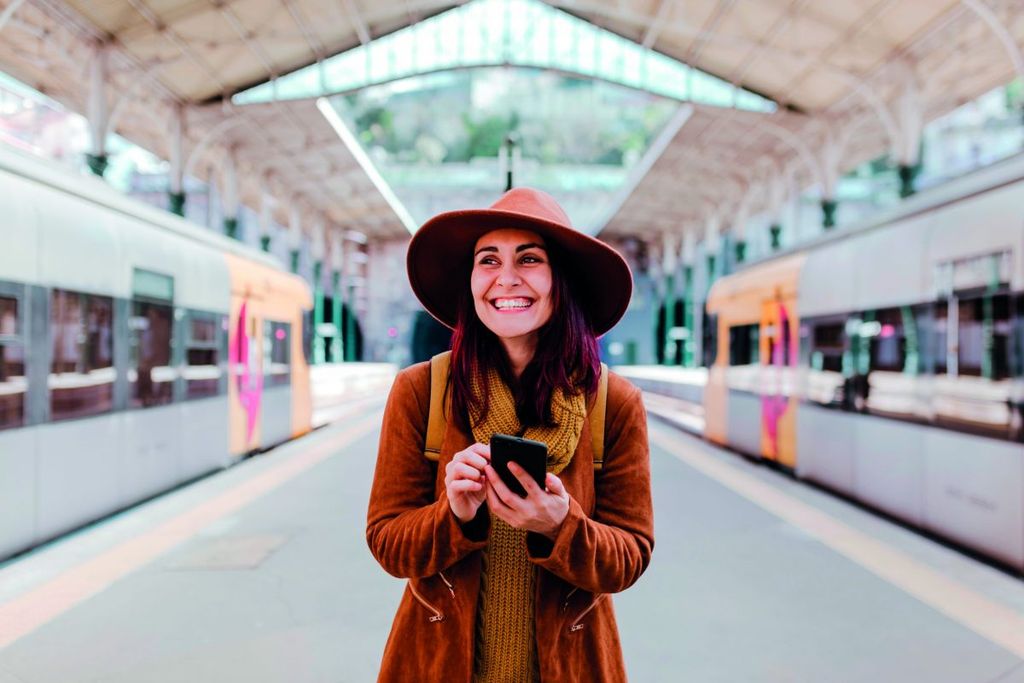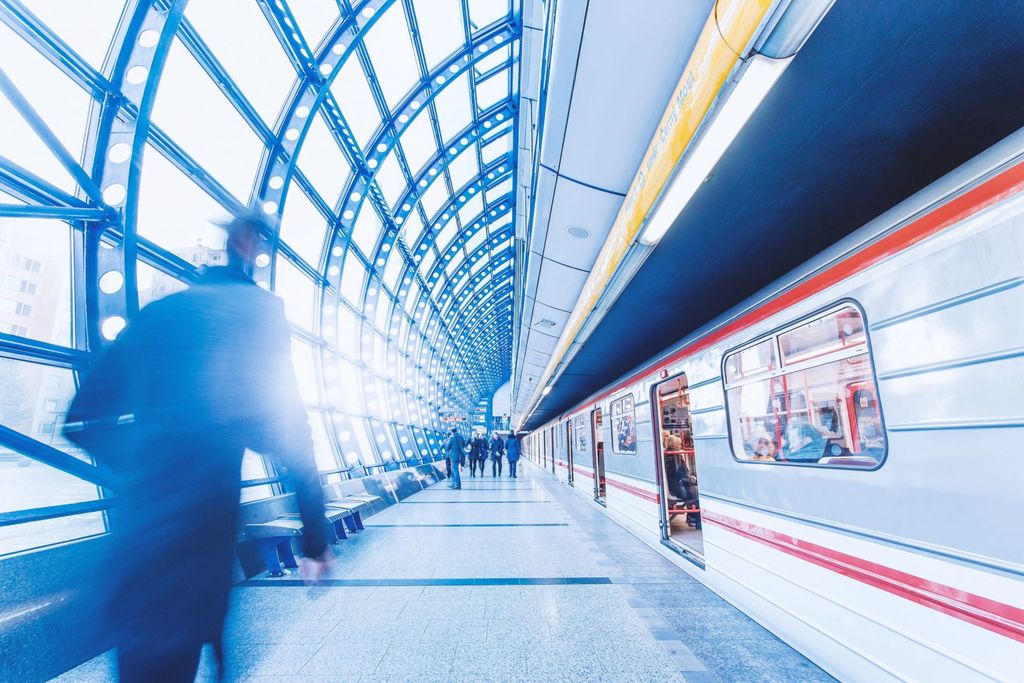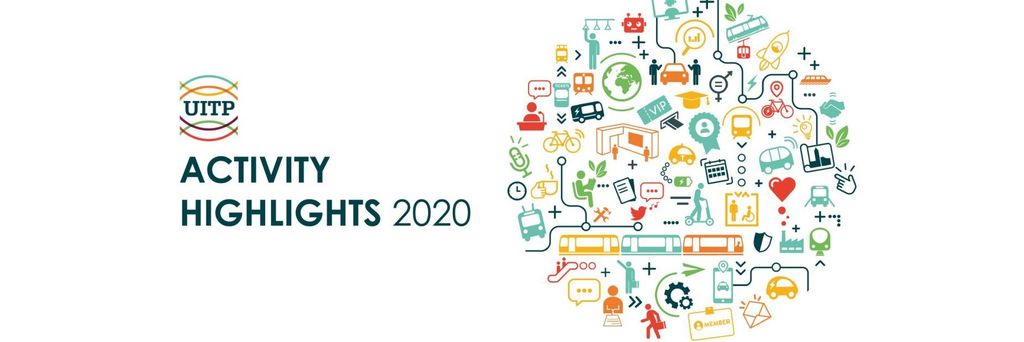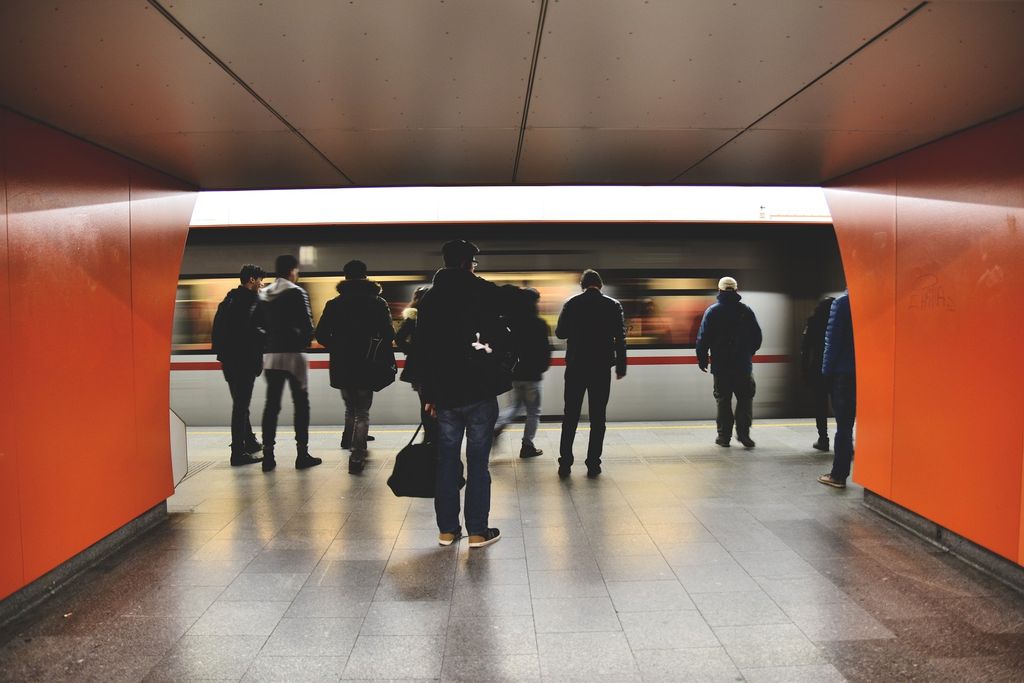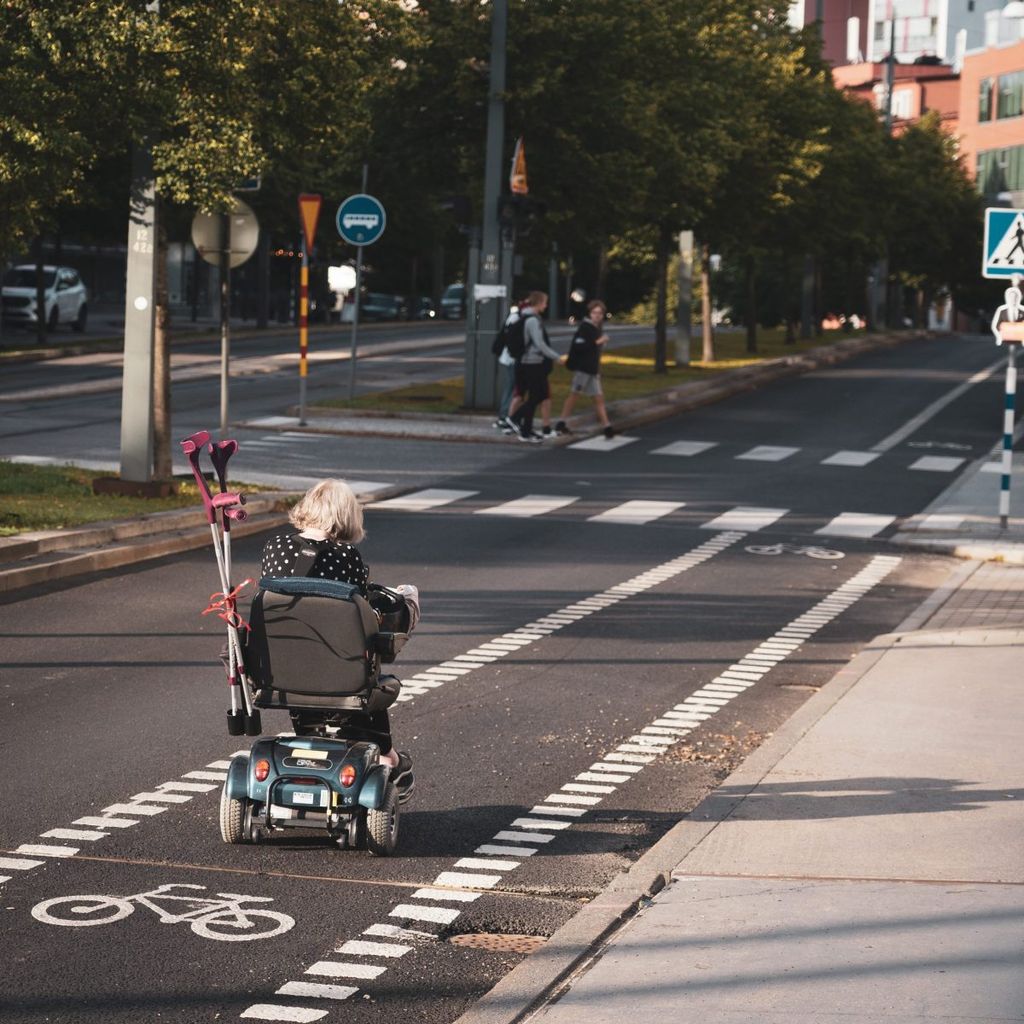
How to make public transport accessible and inclusive for all
Promoting inclusive, accessible and safe modes of transport
Today is the International Day of Persons with Disabilities, a day set out to raise awareness about the problems people with disabilities face in everyday life.
Approximately 15% of the world’s population lives with some form of disability and, by 2030 more than 46% of people over the age of 60 will be classified as disabled. As public transport should serve everyone, the sector needs to focus its attention on meeting the needs of all passengers.
Fair and just mobility is referenced in the 2020 European Sustainable and Smart Mobility Strategy as a key priority, and UITP is proud to be a partner of the EU-funded TRIPS project (tRansport Innovation for vulnerable-to-exclusion People needs Satisfaction), which is doing great work to advance the experience for passengers with disabilities.
“Nothing for us, without us”
The goal of TRIPS to make public transport more accessible for persons with disabilities, elderly travellers and… well, everyone.
How to achieve this? The project focuses its attention on designing practical steps to empower people with disabilities to play a central role in the design of inclusive digital mobility solutions.
The project recently launched a survey to better understand the current level of accessibility of public transport systems for people with disabilities. More than 500 people living in 21 European countries responded! In addition, a series of workshops were carried out across Europe to bring disabled people, transport operators, assistive technology professionals and policy makers to the same table.
- 44%
of respondents favoured an accessible journey planner, the most popular solution by users and especially those with physical impairments
- Bike-sharing, e-scooters and motorbikes
were the least favoured transport for women
- 58.3%
of respondents with intellectual impairment said they felt less safe using public transport since the COVID-19 pandemic
Five key recommendation…
Building on both the survey results and insights from the workshops, a first set of policy recommendations for local and regional decision makers and public transport providers have been published. Here, we identify five of the many published on their website. They focus on how to improve the accessibility and usability of public transport systems in the short- to middle-term:
- Consider “accessibility” in a broader sense – it concerns non only those registered as disabled but those with any kind of impairment, whether permanent or temporary.
- Ensure collaboration for integrated transport and urban planning to design accessible door-to-door routes.
- Use public campaigns to improve social attitudes and transport etiquette towards persons with disabilities and access needs.
- Make the participation of disability/accessibility experts mandatory for the development of standards for vehicles, mobility systems and transport services.
- Coordinate urban public transport with suburban and regional transport to provide smooth transitions for travellers with and without disabilities.
In the long run, investments in the transport infrastructure are needed. Infrastructural barriers are the most limiting barriers as they often make independent travel impossible. While assistive equipment can help mitigate inaccessible design, the removal of structural barriers is crucial in the long-term.
Check out the TRIPS website for much more information. Their recent White Paper, Views of persons with disabilities on future mobility, outlines clear recommendations from passengers, design suggestions and even more policy recommendations.
Looking to learn more about how transport planning can be better integrated into urban planning to match the needs of passengers? UITP’s upcoming training programme, Integration of urban planning and public transport, will guide you through creating liveable and accessible cities with coordinated policies , development and design.
2025 Training Calendar

